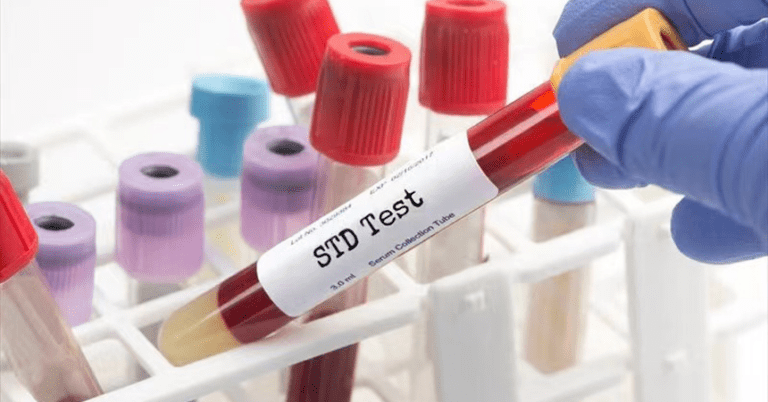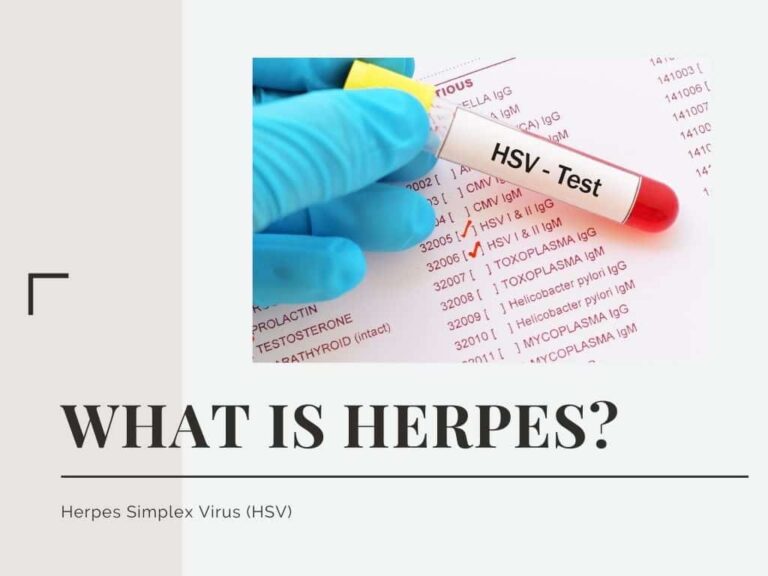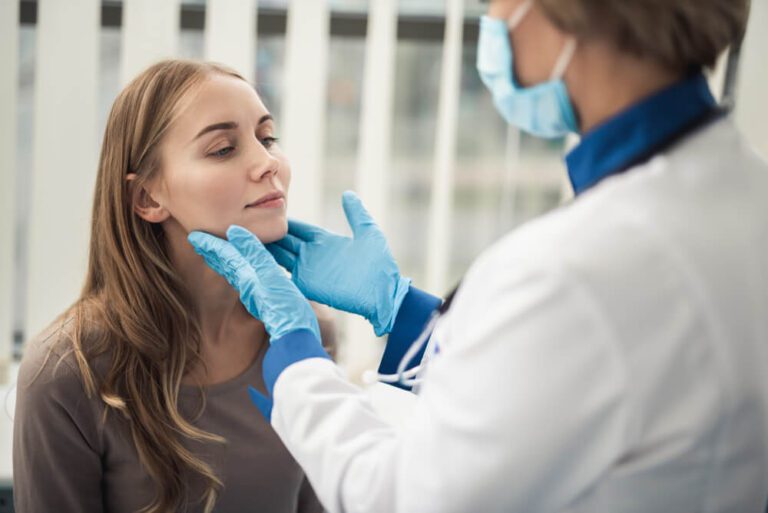why knowing Your HIV Status is Important: The Benefits of Early Detection
HIV (Human Immunodeficiency Virus) is a serious condition that can affect anyone, regardless of their age, gender, or sexual orientation. It attacks the immune system, making it harder for the body to fight off infections and diseases. Without proper treatment, Human Immunodeficiency Virus can lead to AIDS (Acquired Immunodeficiency Syndrome), which is a life-threatening condition.
The good news is that Human Immunodeficiency Virus is manageable with early detection and treatment. In fact, early detection is crucial for a person’s health and well-being. That’s why it’s important to get tested regularly, especially if you are sexually active or have a history of unprotected sex. In this blog post, we will discuss the benefits of early detection and where to get tested for HIV, including free HIV testing.
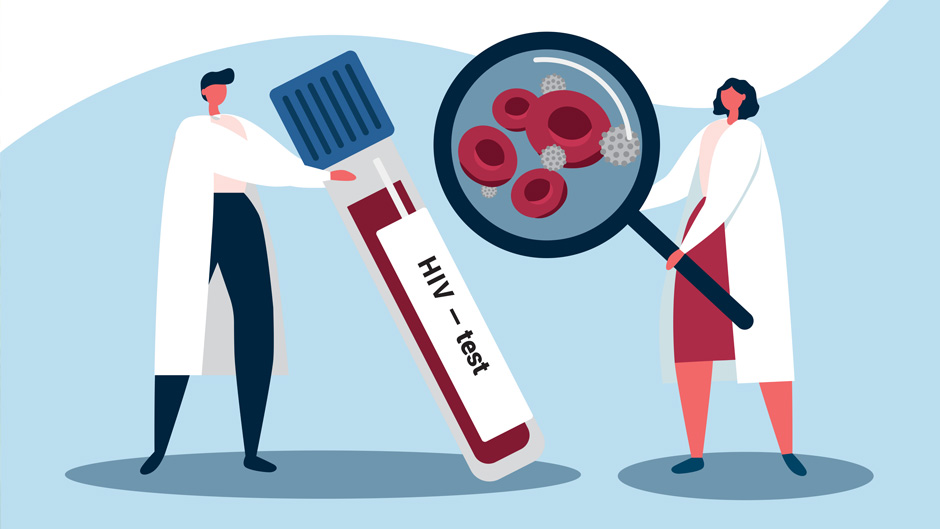
Benefits of Early Detection
Early detection of the Human Immunodeficiency Virus has many benefits. Here are some of them:
- Treatment: Early HIV testing allows early treatment, which can help manage the virus and prevent it from progressing to AIDS. With proper treatment, people with HIV can live long and healthy lives. Antiretroviral therapy (ART) is the most common treatment for HIV. ART involves taking a combination of medications that suppress the virus and prevent it from damaging the immune system.
- Improved Health: People who know their HIV status can take steps to improve their health, such as making lifestyle changes and taking medications that can boost their immune system. For example, people with HIV can benefit from eating a healthy diet, exercising regularly, quitting smoking, and reducing alcohol consumption. They can also take medications to prevent or treat other infections and illnesses that may be more common in people with HIV.
- Preventing Transmission: People who know they have HIV can take steps to prevent transmission to others. They can use condoms during sex, take antiretroviral medications, and avoid sharing needles. HIV-positive pregnant women can also take medications to prevent mother-to-child transmission.
- Peace of Mind: Knowing your HIV status can give you peace of mind and reduce anxiety. It can also help you make informed decisions about your sexual health. For example, if you know you have HIV, you can choose to have sex only with partners who are also HIV-positive or who are aware of the risks and take appropriate precautions.
- Improved Quality of Life: Early HIV detection can improve the quality of life for people with HIV. By starting treatment early, people with HIV can avoid serious illnesses and complications that can affect their quality of life. They can also stay healthier and more productive, which can have a positive impact on their personal and professional lives.
Where to Get Tested for HIV?
Getting tested is easy and confidential. There are many places where you can get tested for HIV, including healthcare HIV clinics, hospitals, and community health centers. Here are some options:
- Healthcare Clinics: Most healthcare clinics offer HIV testing. You can make an appointment with your primary care physician or visit a walk-in clinic.
- Hospitals: Many hospitals offer testing as part of their routine health services. You can check with your local hospital to see if they offer to test.
- Community Health Centers: Community health centers offer a variety of health services, including testing. They often offer free or low-cost services to people who cannot afford them.
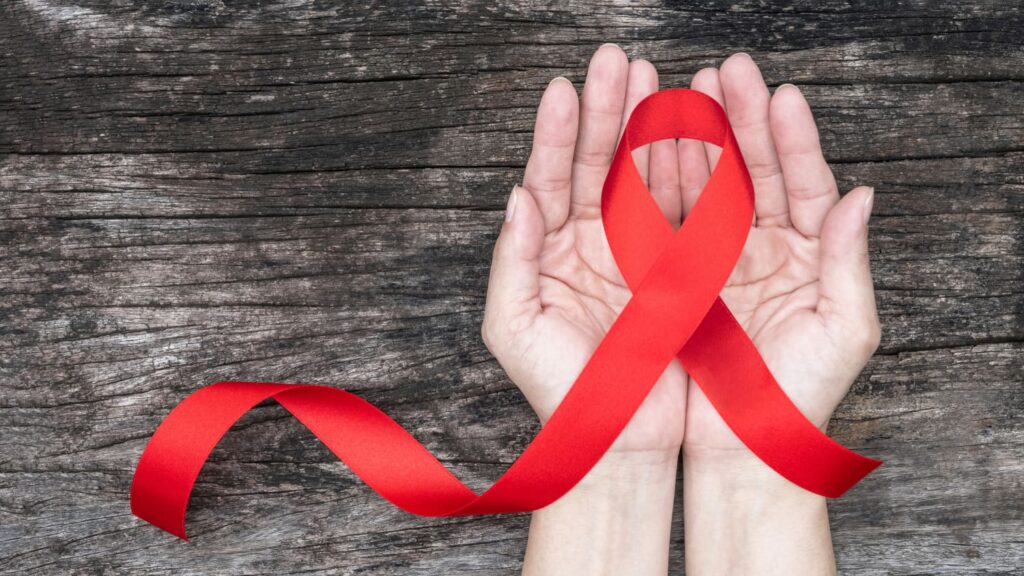
Free HIV Testing
In addition to the above options, there are many places where you can get free HIV testing. Here are some options:
- Local Health Departments: Many local health departments offer free testing. You can check with your local health department to see if they offer to test.
- Community-Based Organizations: Many community-based organizations offer free HIV testing as part of their health services. You can check with local organizations to see if they offer to test.
- National HIV Testing Day: Every year, on June 27th, National HIV Testing Day is observed in the United States. Many organizations offer free testing on this day.
- Online Testing: Some websites offer free or low-cost testing that can be done at home. However, it is important to note that not all online testing services are reliable or accurate. Make sure to research the website and service before using it.
Getting tested is an important part of maintaining your sexual health. Early detection is crucial for managing the virus and preventing it from progressing to AIDS. There are many places where you can have free HIV testing in Jacksonville, including healthcare clinics, hospitals, and community health centers. Many of these places offer free or low-cost testing, making it easy and accessible for everyone to get tested. Remember, getting tested is not just for your own health but also for the health of those around you. By knowing your HIV status, you can take steps to prevent transmission to others and protect the health of your sexual partners.
It’s important to remember that getting tested is confidential. Your test results will be kept private and will not be shared with anyone without your permission. Many HIV clinics also offer counseling and support services for people who test positive for Human Immunodeficiency Virus.
Conclusion
Knowing your HIV status is important for your health and the health of those around you. Early detection allows for early treatment, which can help manage the virus and prevent it from progressing to AIDS. There are many places where you can get tested, including free testing options. Don’t let fear or stigma prevent you from getting tested. Taking the step to get tested with Hope Across The Globe is a brave and responsible decision that can improve your health and well-being.
Related Tag: STD Testing in Jacksonville



